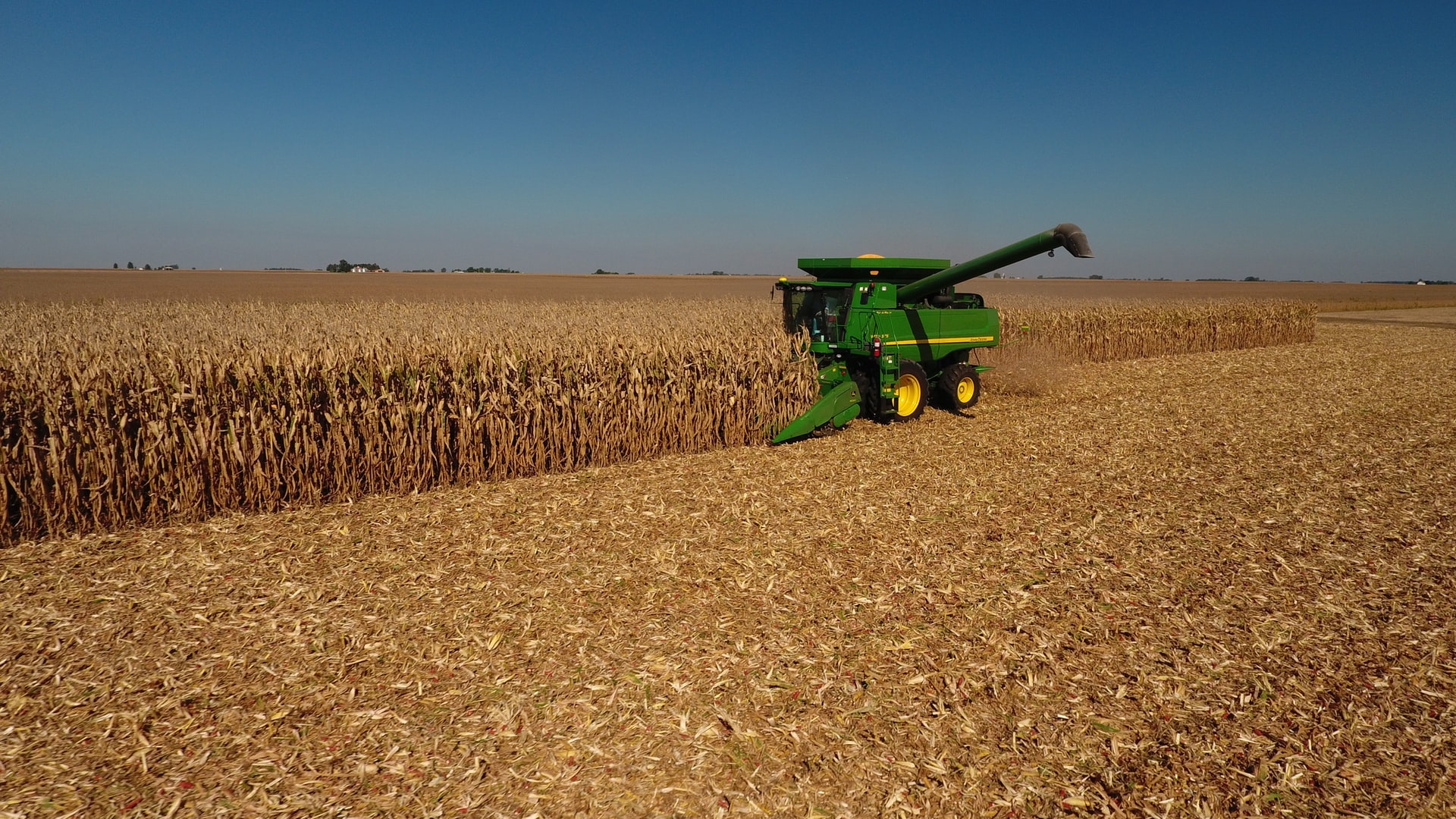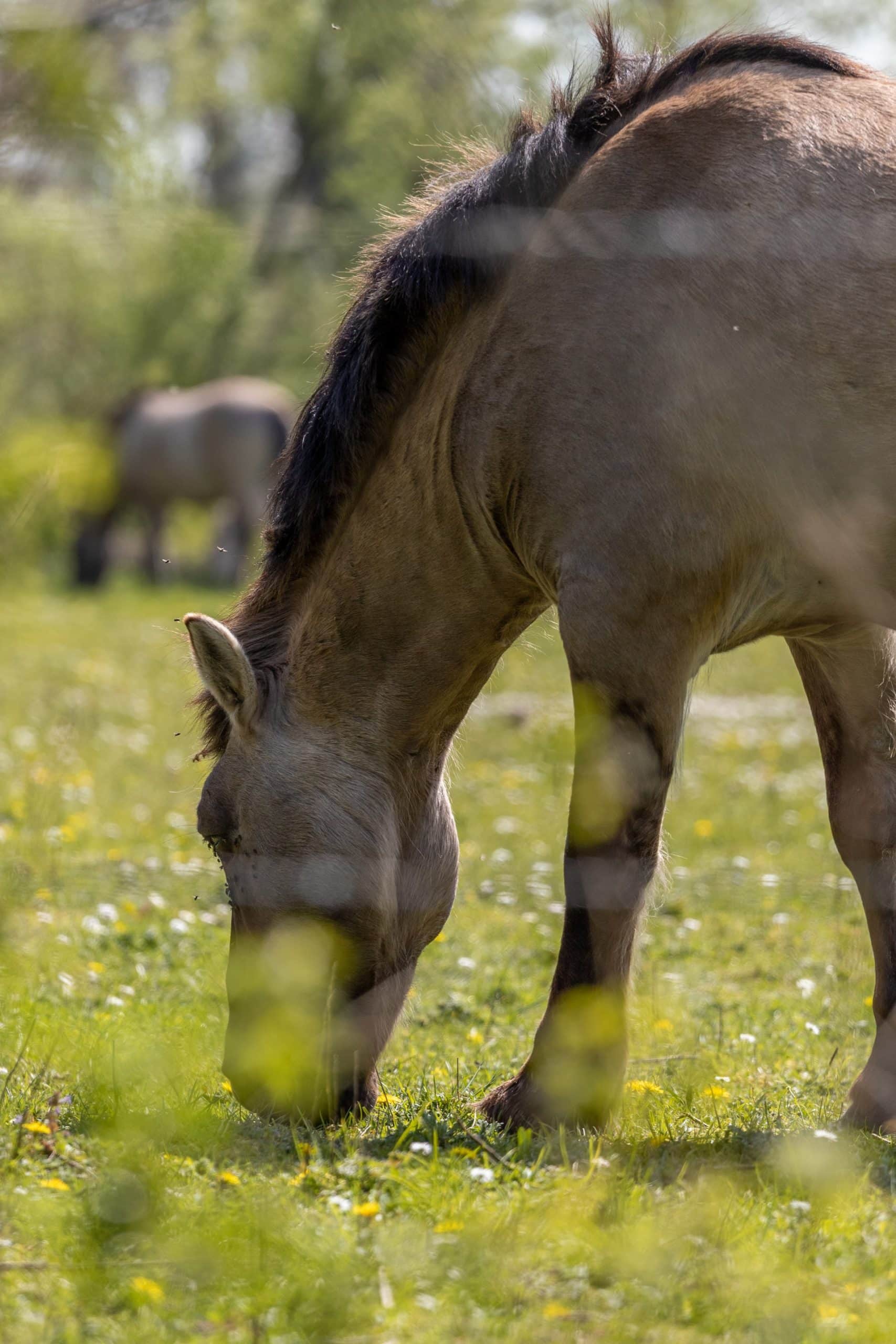The Commonwealth of Australia is blessed with the right ingredients for a vibrant agricultural industry. Climate diversity and fertile soil packed with the right amount of minerals and nutrients make several regions ideal for all kinds of food and textile production. Thanks to this diversity, the agriculture sector in Australia can operate on a year-round basis as long as farmers practice efficient crop and livestock management.
One important aspect of the Australian farm sector, at least when compared to agriculture in the Americas and other regions of the world, is that it has become advanced through progressive expansion, and this includes working conditions. As long as you can find a job that is on the level, which means that the employer complies with labor regulations, working on an Australian farm is invariably more attractive and rewarding than working in American or European farms.
Similar to other parts of the world, the Australian agriculture sector presents staffing challenges. Continuous high demand results in labor shortage periods; this has been the case ever since the national economy entered a period of prosperity boosted by mining and tourism.
IMAGE: UNSPLASH
According to statistics compiled by the National Farmers’ Federation, the coronavirus pandemic further decimated the industry as holidaymakers with work visas and other foreigners returned to their countries in compliance with travel restrictions, but things are hopeful for those interested in job openings at Australian farms.
The first thing to know about jobs on farms in Australia is that the industry is on track to generate $61 billion in 2021, but only if staffing levels are adequate, which means that the demand is certainly there. Farmers are looking to hire general laborers, harvesters, spray technicians, equipment operators, agronomists, food processors, clerks, and many other employees.
Something else you should know is that Australia is very strict in terms of immigration control, which means that foreigners must have the proper permit to join the workforce. Given the importance of this step, we will explain it before the others below:
Make Sure You Are Allowed To Work In Australia
As previously mentioned, Australia exerts great control over-tourism and immigration; the last thing you want to do is to run afoul of the Commonwealth laws by working as an undocumented foreigner. If you are an Australian citizen or resident, you can start looking for farm jobs at the age of 15. All others must seek a visa from the Department of Home Affairs. In recent years, the Working Holidaymaker Visa program has become popular among young adults who decide to spend a gap year backpacking around Australia.
The visas you should look into are subclass 417 and 462; keep in mind that this program, which lasts 12 months, can be extended for another year as long as you complete three months of regional work, which means working farm jobs.
Self-confirm Your Affinity For Farm Work
As with any other job, farm work requires some level of affinity. Many farm jobs will require you to live in a remote area where there may not be too much to do in terms of entertainment. If you are hired as a farmhand during harvest season, the kind of work you will be expected to do may be physically demanding, and you may also have to work long hours a few days in a row.
Know Where To Look For Work
Once you have determined that you are a suitable candidate for agricultural work, the next step involves searching for open positions. The best resources in this regard include:
- The FarmHub website maintained by the National Farmers’ Federation.
- Accredited organizations such as Agri Labour.
- Dedicated job boards such as Harvest Trail.
- Social media groups dedicated to backpacker discussion in Australia.
- Notice boards posted at hostels.
If time is of the essence when looking for farming jobs in Australia, word-of-mouth recommendations from backpackers can result in quick hires, but you should really try to start your search early on websites such as FarmHub because they will take into account all your education and experience.
When you are in a rush to be hired as a zucchini picker or packer, for example, the employer will not look at your curriculum vitae. You may have skills that can put you in the cabin of a harvesting combine, and this is a high-paying position that does not demand back-breaking labor.
Know Your Rights As A Worker In Australia
If you are not skilled in the duties you will be carrying out, your employer is expected to provide paid training; this could range from riding horses to picking fruit and from digging irrigation trenches to pest control. Your paycheck should be managed according to the Fair Work Act of 2009, and all deductions should be lawful. In 2021, not many employers will deduct for lodging and meals, but your wages may be calculated by piece work instead of hourly or shift rates. Job safety and workers’ compensation in case of injury or illness should be covered by employers.
Author Bio: Eric Reyes is a passionate thought leader having been featured in 50 distinguished online and offline platforms. His passion and knowledge in Finance and Business made him a sought-after contributor providing valuable insights to his readers. You can find him reading a book and discussing current events in his spare time.
If you are interested in even more lifestyle-related articles and information from us here at Bit Rebels, then we have a lot to choose from.


COMMENTS